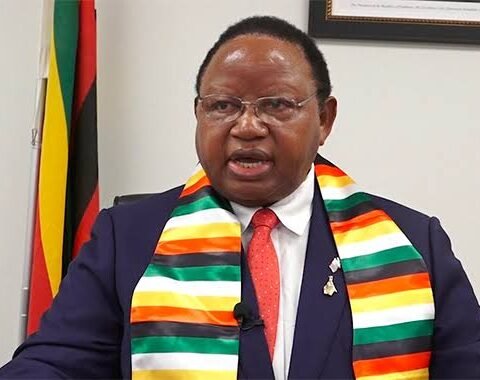Johannesburg – Hilal Elver, the United Nations’ special rapporteur on the right to food and a human rights expert, has warned that starvation is “slowly making its way” into Zimbabwe, with most households unable to obtain enough food to meet their basic needs.
Elver made her assessment of the current situation following an 11-day visit to the country, UN News reported.
Hyperinflation has reached 490 percent with more than 60 percent of the population facing food insecurity in a country that was once seen as the breadbasket of Africa.
“In rural areas, a staggering 5.5 million people are currently facing food insecurity, as poor rains and erratic weather patterns are impacting harvests and livelihoods,” Elver said.
“In urban areas, an estimated 2.2 million people are food-insecure and lack access to minimum public services, including health and safe water.”Describing the figures as “shocking” the UN expert warned that due to factors such as poverty and high unemployment, widespread corruption, severe price instabily and unilateral economic sanctions, the crisis was only getting worse.
Zimbabwe’s women and children were bearing the brunt of the crisis, the special rapporteur said, adding that the majority of children she had met were stunted and underweight.
Child deaths from severe malnutrition have been rising in recent months and 90 percent of Zimbabwean children aged six months to two years are not consuming the minimum acceptable diet, Elver said.
The situation for women is equally traumatic with many increasingly forced to drop out of school, being forced into early marriage and prostitution and subjected to domestic violence and sexual exploitation.
Due to the seriousness of the situation Elver said urgent and immediate reforms were necessary, including reducing the country’s dependence on imported food and diversifying the diet.
The government, she continued, should create conditions for the production of traditional seeds to ensure the country’s self-sufficiency and preparedness for climate shocks.








